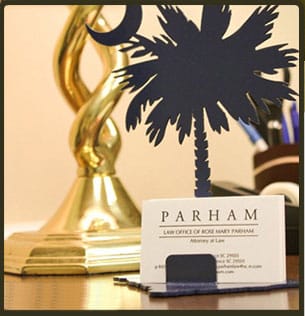Paying for college is expensive, but students in South Carolina have some hope of help. The Legislative Incentive for Future Excellence Scholarship enables eligible college students to pay for the cost of attendance for up to eight terms.
The program, also known as the LIFE Scholarship, is valid for use on a student’s first associate’s degree, one-year program, two-year program leading to a baccalaureate or professional degree.
Hard work is necessary
The criteria for getting the scholarship is challenging. You have to meet at least two of these three points:
- Have at least a 3.0 grade point average when you graduate high school
- Graduate in the top 30 percent of your high school class
- Score at least an 1100 on the SAT or an equivalent 24 on the ACT
Throughout your college years, you will have to maintain a 3.0 grade point average and take at least 30 course hours per academic year. This is often challenging but being able to have the financial assistance is usually worth it for many students.
Criminal charges can deny eligibility
Students who are on this program must ensure that they remain in compliance with the rules of the program or they risk losing the funding. One of the criteria is that the student can’t have been convicted of a felony or of a second or subsequent drug- or alcohol-related charges within the previous academic year. People who are counting on the LIFE Scholarship to further their education must fight against any criminal charges that might prohibit them from losing their funding.
One thing that all students on the LIFE Scholarship must remember is that certain activities considered acceptable by many college attendees are actually illegal. Study drugs are a big issue since they are strictly against one of the criteria of the program.
If you are caught taking study drugs, which are prescription drugs written to another person that you take in an effort to stay awake and alert while you study or do assignments, you can face criminal charges. Since drugs are involved, a conviction would mean you don’t meet the requirement to not have any drug-related misdemeanors in the past year. If the issue is tried as a felony, you will never be eligible for the scholarship again since felons aren’t allowed to use these funds.


